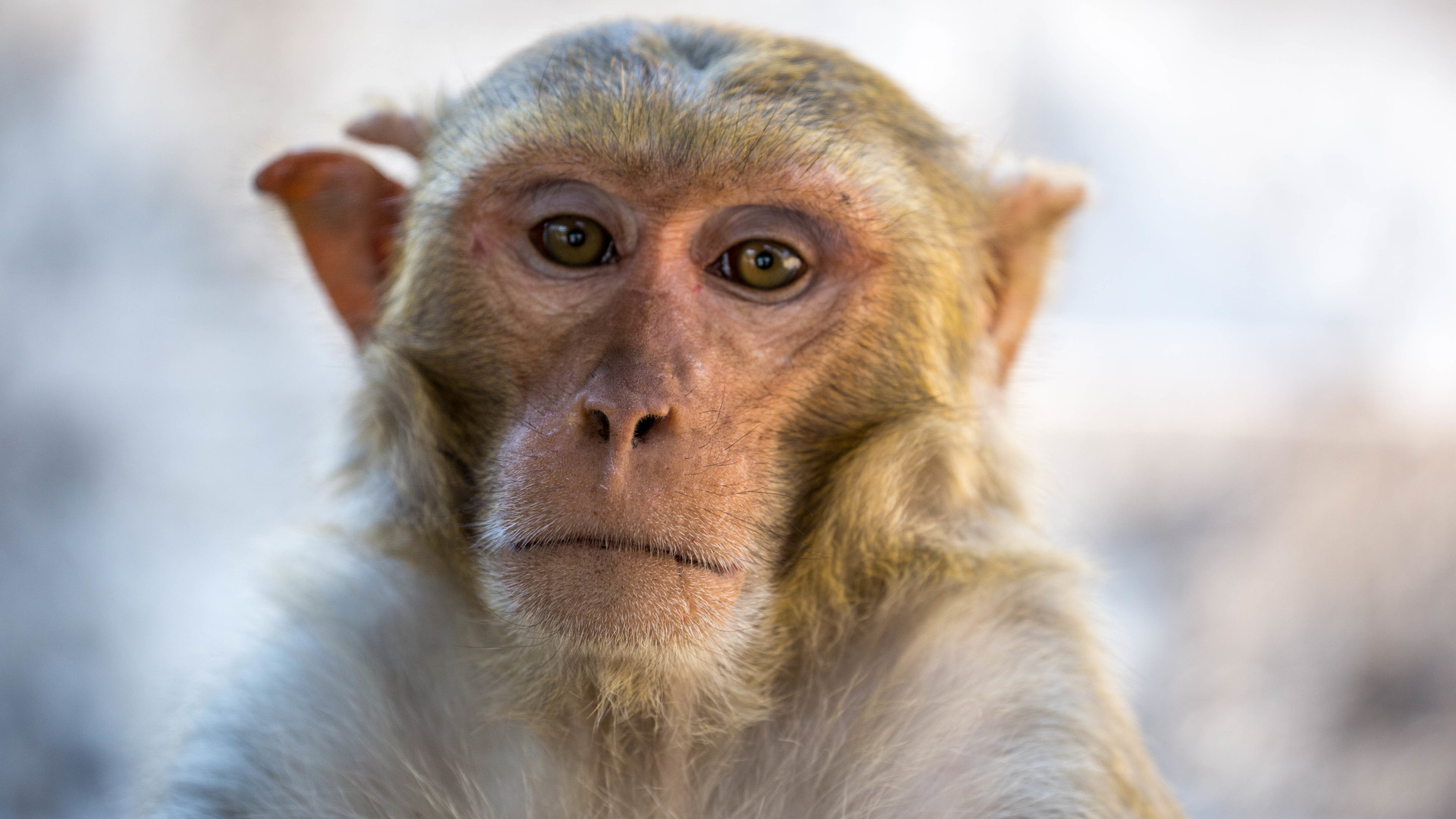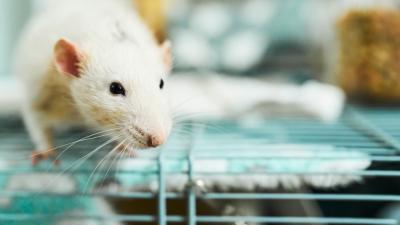Physicians Committee Complaint Calls on OHSU to Suspend Decades-Long Alcohol Experiments on Nonhuman Primates

PORTLAND, Ore.—The Physicians Committee for Responsible Medicine, a nonprofit medical ethics group, is filing a complaint on Monday, May 19, calling on Oregon Health & Science University (OHSU) to suspend decades-long alcohol-related experiments on nonhuman primates the Oregon National Primate Research Center (ONPRC) that have cost more than $70 million and receive ongoing funding from the National Institutes of Health.
“The cruel experiments that OHSU is spending tens of millions of dollars on—creating binge-drinking monkeys and intoxicating pregnant monkeys to study the effect on their fetuses—don’t provide insight into how alcohol consumption affects humans,” says Neal Barnard, MD, FACC, president of the Physicians Committee for Responsible Medicine. “The alcohol experiments at the Oregon National Primate Research Center must be shut down and investigated immediately.”
OHSU maintains a policy that alleged violations of applicable laws, such as the federal Animal Welfare Act, and other policies regarding the use of animals in research will be investigated and acted upon. Despite the availability of well-established, human-relevant alternatives, the experiments at ONPRC have repeatedly exposed animals to prolonged psychological and physical suffering, in violation of the AWA, which requires that a study’s principal investigator consider alternatives to procedures that may cause more than momentary or slight pain or distress to any animal used for research.
The complaint cites seven experiments that involve inducing alcohol dependence, withdrawal, and repeated relapses; it also cites examples of human-based research that answers the studies’ questions without the use of animals.
In one study, adult male rhesus macaques were exposed to increasing amounts of alcohol over several months, killed, and had their tibias removed to study alcohol consumption’s impact on bone health. Consistent evidence already shows that increased alcohol consumption is associated with higher risk of poor bone health.
In a study on the effects of alcohol during pregnancy, pregnant rhesus macaques were taught how to self-administer alcohol every day for the first 60 days of pregnancy. Researchers then killed the fetuses and removed their organs to study their brains. MRI studies have already investigated the effects of prenatal alcohol exposure on human fetal brain development.
In another study, rhesus macaques were given access to alcohol for 22 hours a day every day for a minimum of 12 months and then classified in categories ranging from low drinkers to binge drinkers. More than 1,000 human-relevant studies have already investigated alcohol use disorder.
The complaint calls on OHSU to immediately suspend all alcohol-related experiments at ONPRC, investigate how the experiments were approved, identify the members of the Institutional Animal Care and Use Committee who oversaw the experiments, and make public the results of these investigations and actions taken.
Media Contact
Michael Keevican
202-527-7367
mkeevican[at]pcrm.org
Founded in 1985, the Physicians Committee for Responsible Medicine is a nonprofit organization that promotes preventive medicine, conducts clinical research, and encourages higher standards for ethics and effectiveness in education and research.








